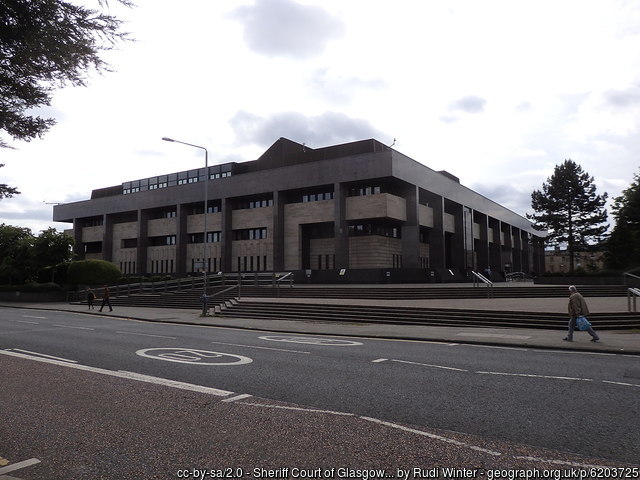Section 5 Road Traffic Act Drunk In Charge Not Guilty

Credibility is the absolute key to success in the effective presentation of a defence to a charge of being drunk-in-charge of a vehicle contrary to section 5(1)(b) of the Road Traffic Act 1988.
Our client contacted us after having completely lost confidence in the general criminal solicitor that he had initially contacted through Google Ads. He was dissatisfied with the lack of contact, legal advice received and was very concerned about his chances of success at trial. Fortunately, a work colleague recommended that he contact our office.
On 5th March 2018, we wrote to his former solicitor and obtained all paperwork in relation to his case on 20th March 2018. The trial was scheduled for 12th April 2018 and we noted that there was a lot of work that required to be carried out (in a very short period of time) to have any prospects of success.
We immediately set to work. Our client was an executive with occasional issues with alcohol. During a period of annual leave he had gone to get the Sunday papers and bought some whisky. Instead of taking everything home and relaxing there, he decided to drink in his car and consumed a large amount of whisky. He fell ill and fell asleep in his car. A member of the public contacted the Police out of concern for his safety. Police attended and eventually roused him and breathalysed him at the station where the lower of two readings was recorded at 141 microgrammes (the prescribed limit is 22). That is an enormous reading. The maximum penalty for being drunk-in-charge is a three month prison sentence and/or a fine of up to £2,500 - on top of that the length of ban is at the discretion of the Court and can be for life.
As stated at the outset, the key to these cases is credibility. Primarily that comes down to the client and how they come across in Court. The skill of the experienced road traffic lawyer is to discover and lead evidence that is supportive of the client's position. We spent many hours discussing the case with our client and spent many hours researching and preparing his defence to ensure that he had the best possible opportunity to appear credible in the eyes of the Court. What we had to do was demonstrate to the Court that there was no likelihood of our client driving his vehicle whilst over the limit. No likelihood does not mean no intention, it means that there is no risk of someone driving whilst over the limit. The distinction is every bit as subtle as it is crucial. It is a high legal test and often it can be extremely difficult to satisfy the Court that there was no risk of a person who is so incapacitated by drink that they have become unconscious - the question the Court must address is: What would they do when they woke up? Is there a likelihood that they would have driven whilst still over the legal limit?
Through preparation, experience, perseverance and advocacy, we were able to satisfy the Court that there was no likelihood of our client driving his vehicle whilst over the legal limit. Our client was found not guilty of the offence and no penalty was imposed upon him. Our client was extremely grateful and indicated how relieved he was that he had changed his representation from a legal aid solicitor to an expert.
This case was dealt with by our Mr Simpson at Glasgow Sheriff Court on 12th April 2018.
Kept Licence!
Need help with a similar case?